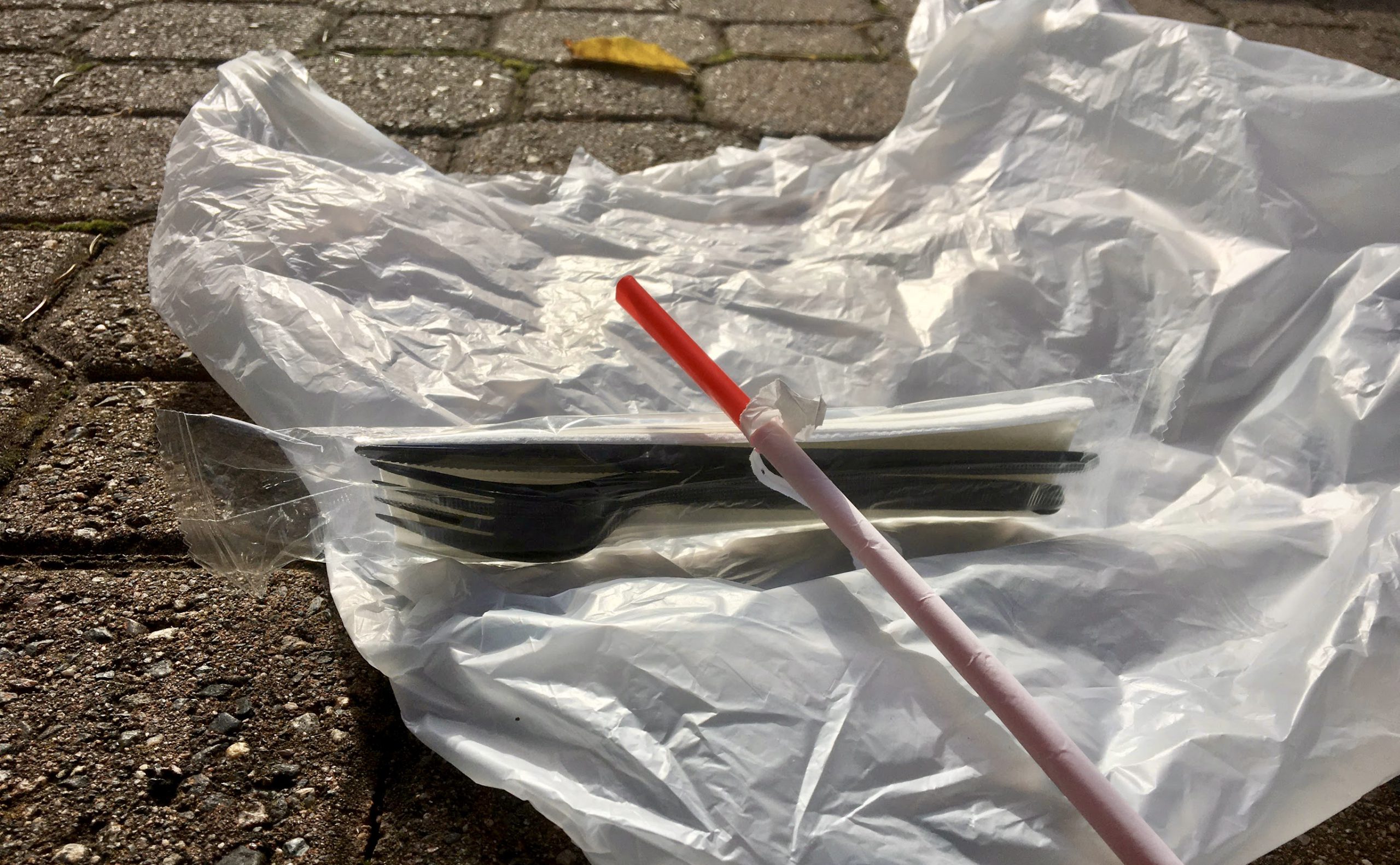Canadian Minister of Environment and Climate Change Jonathan Wilkinson announced on October 7 that Canada will be banning many single-use plastics by 2021, as a means of achieving the country’s goal of producing zero plastic waste by 2030.
Among the soon-to-be banned items are: plastic straws, plastic cutlery, plastic grocery bags, six-pack rings for beverages, stir sticks, and certain take-out containers made of hard-to-recycle plastics. There are certain plastics that will be exempt from this ban, which include items such as lids for beverages, snack food wrappers, and garbage bags.
Nathi Zamisa, vice president of York’s Environmental and Urban Change Student’s Association, and fourth-year work and labour studies and environmental studies student, feels this ban is long overdue. Zamisa believes that Canadians have become complacent in relying on these single-use plastics.
“I absolutely support the decision, because the production and distribution of single-use plastics is fetishized so much so we as consumers have naturalized and incorporated the so-called convenience of these products into our everyday lives through a veiled exchange for the degradation of our planet’s ecosystem services.”
Zamisa further explains: “People, industry, and the government need to collaborate to create more opportunities for consumers to become waste literate and/or to understand or unfetishize the production of waste beyond the distribution of single-use plastics to consumers and their household.”
“There are also many instances in which single-use plastics results in preferable environmental and economic outcomes. A blanket ban on single-use plastics would ultimately eliminate the benefits of this type of packaging…”
Dr. Calvin Lakhan, research associate and director of the Waste Wiki project in the Faculty of Environmental and Urban Change at York, argues that Canada must work cautiously when moving forward with this ban and deciding what specifically is included.
“Not all single-use plastics are created equal. While the conversation is often characterized in binary terms, good and bad, black and white, the issue is much more nuanced. Are there instances in which it is appropriate to ban single-use plastics? Absolutely,” Lakhan says.
“However, there are also many instances in which single-use plastics results in preferable environmental and economic outcomes. A blanket ban on single-use plastics would ultimately eliminate the benefits of this type of packaging, resulting in an outcome that does more harm than good,” he adds.
Criticisms of the ban have surfaced around the effect it could have on Canadian businesses, those of which rely on the soon to be banned plastic food containers, especially during the current COVID-19 pandemic. Lahkan believes these concerns to be valid.
“While the existing list of material included in the proposed ban are unlikely to have an adverse reaction on business, it helps perpetuate the narrative that ‘plastics are bad’ and that we ‘need a plastic free world.’”
“I think it is critical that whatever choices we make next is guided by evidence and data, and not by emotional or political narratives,” Lahkan continues. “It is not as simple as saying ‘ban all single-use plastics.’ The country (and all the stakeholders) must undertake comprehensive life cycle analysis to evaluate the impacts and merits of single use plastic packaging.”
While it is still quite early to determine how this ban will be implemented and how it will affect institutions across the country, Deputy Spokesperson Yanni Dagonas recognizes sustainability as a “core value” of the university and speaks to their determination to take action.
“The government of Canada’s newly announced ban on select plastic products is scheduled to go into effect at the end of next year. York will be taking the time to review the proposed regulatory amendments and develop an action plan with our on campus partners such as the businesses in York Lanes, in the Student Centre, and the Quad. We are confident we can meet the new requirements well before the end of next year,” Dagonas says.


